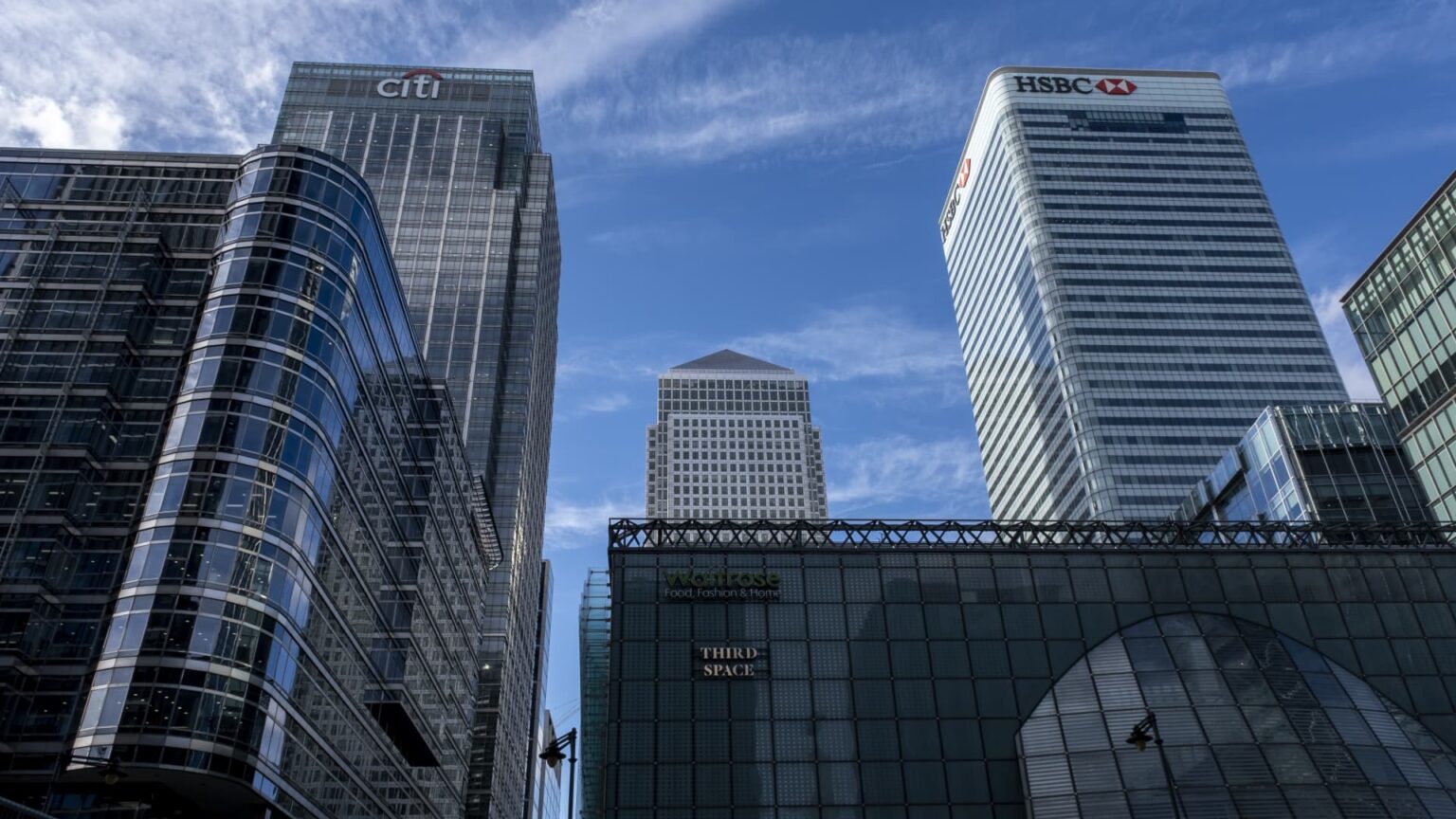The prolonged period of loose monetary policy after the global financial crisis equated to central banks “nationalizing bond markets,” and meant policymakers were slow off the mark in containing inflation over the past two years, according to HSBC Senior Economic Adviser Stephen King.
Central banks around the world have hiked interest rates aggressively over the past year in a bid to rein in soaring inflation, after a decade of loose financial conditions. The swift rise in interest rates has intensified concerns about a potential recession and exposed flaws in the banking system that have led to the collapse of several regional U.S. banks.
Speaking to CNBC at the Ambrosetti Forum in Italy on Friday, King said that while quantitative easing had benefited economies trying to recover from the 2008 financial crisis, its duration meant that governments were “probably far too relaxed about adding to government debt.”
“Part of the problem with QE was the fact that you’re basically nationalizing bond markets. Bond markets have a very very useful role to play when you’ve got inflation, which is they’re an early warning indicator,” King told CNBC’s Steve Sedgwick.
“It’s a bit like having an enemy bombing raid and you turn off your radar systems — you can’t see the bombers coming along, so effectively it’s the same thing, you nationalize the bond markets, bond markets can’t respond to initial increases in inflation, and by the time central banks spot it, it’s too late, which is exactly what I think has happened over the last two or three years.”
The U.S. Federal Reserve was slow off the mark in hiking interest rates, initially contending that spiking inflation was “transitory” and the result of a post-pandemic surge in demand and lingering supply chain bottlenecks.
“So effectively you’ve got a situation whereby they should have been raising interest rates much much sooner than they did, and when they finally got round to raising interest rates they didn’t really want to admit that they themselves had made an error,” King said.
He suggested that the “wobbles” in the financial system over the past month, which also included the emergency rescue of Credit Suisse by Swiss rival UBS, were arguably the consequence of a prolonged period of low rates and quantitative easing.
“What it encourages you to do is effectively raise funds very cheaply and invest in all kinds of assets that might be doing very well for a short period of time,” King said.
“But when you begin to recognize that you’ve got an inflation problem and start to raise rates very very rapidly as we’ve seen over the course of the last couple of years, then a lot of those financial bets begin to go rather badly wrong.”
Read the full article here










